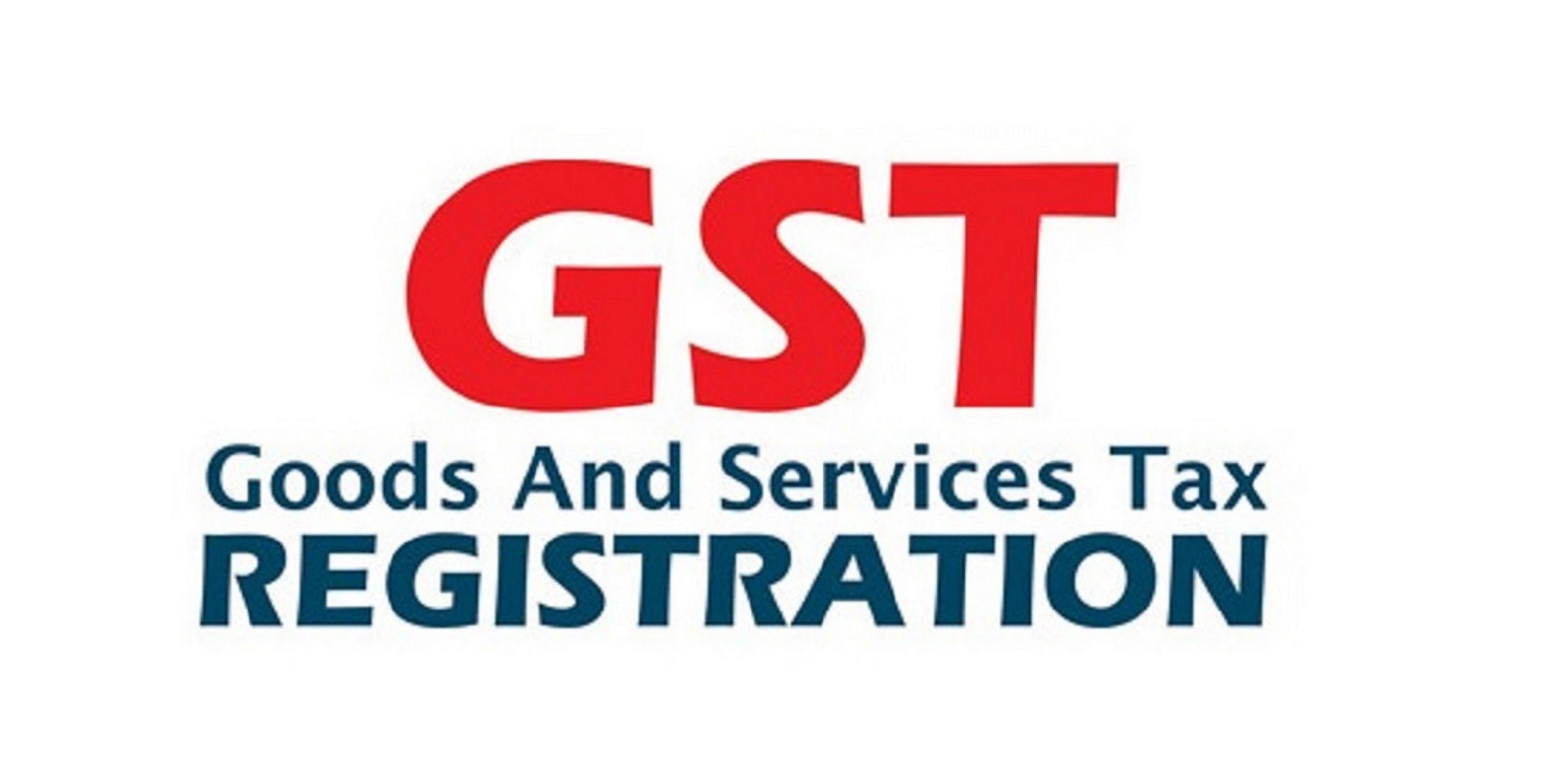Step-by-Step Refine for Singapore GST Registration Explained
Wiki Article
Making The Most Of Tax Effectiveness: Specialist Tips on Browsing the GST Registration Labyrinth for Local Business
Browsing the complex landscape of Product and Solutions Tax (GST) enrollment can be a labyrinthine task for tiny businesses aiming to optimize their tax performance. In this discussion, we will check out skilled understandings and actionable suggestions that can empower tiny services to navigate the GST registration puzzle efficiently and optimize their tax obligation performance.Eligibility Requirements
Qualification requirements for Small company GST Registration include details criteria that companies must fulfill to abide by tax policies. To get approved for GST enrollment, an organization must have an annual turnover surpassing the limit established by the tax obligation authorities, which varies by country. Furthermore, companies associated with inter-state supply of services or goods, or those offering goods online, may be needed to sign up for GST, regardless of their turnover. It is important for companies to accurately establish their qualification based on these turn over thresholds to stay clear of penalties for non-compliance. Singapore GST Registration.
Documents Demands
The called for documentation normally consists of evidence of business enrollment or consolidation, address and identity evidence of the service proprietor, photographs, bank account details, and evidence of the principal place of service. In addition, services need to give information of their organization tasks, consisting of the products or solutions supplied.Maintaining all needed documentation arranged and readily easily accessible can enhance the enrollment process and aid services comply with the needs effectively. Precise attention to information and adherence to the documents guidelines are essential for a successful GST enrollment process for tiny companies.
Timing Factors To Consider
Taking into consideration the vital documents demands have actually been carefully dealt with, the next important aspect for little businesses starting the GST enrollment procedure is the strategic administration of timing considerations. Timing plays a crucial role in GST registration, impacting not only conformity but additionally financial elements of the business. Small services need to carefully prepare the timing of their GST enrollment to make best use of benefits and reduce possible risks.
Moreover, companies must line up the timing of their GST enrollment with their functional preparedness. Appropriate preparation, such as updating bookkeeping systems and training staff, is vital to perfectly incorporate GST needs into day-to-day procedures. By purposefully taking care of timing factors to consider, small companies can navigate the GST enrollment anchor process effectively and maximize their tax obligation performance.
Enrollment Refine Tips
Effectively navigating the GST enrollment procedure requires tiny organizations to carry out proactive and critical registration procedure ideas. One important suggestion is to ensure all needed files are conveniently available before beginning the registration procedure. This includes organization registration documents, evidence of address, bank declarations, and identification evidence of the company proprietors. Verifying the precision of the information given is similarly vital to avoid denials or delays.In addition, understanding the limits and requirements for GST registration based upon the certain state or area where the organization operates is vital. Some states have different turn over thresholds that trigger necessary registration, so being informed regarding these limits can aid businesses plan ahead.
An additional important pointer is to consider seeking professional support from accountants or tax obligation professionals that specialize in GST registration. Their know-how can simplify the process, minimize errors, and make sure conformity with all guidelines.
Compliance Finest Practices
Tiny companies need to focus on conformity to avoid fines and maintain a great standing with tax obligation authorities. Tiny company owners must routinely examine federal government standards and look for professional recommendations if required to guarantee they are meeting all requirements. By integrating these compliance finest practices right into their procedures, tiny businesses can navigate the complexities of GST registration with self-confidence and performance.Conclusion
To conclude, small companies can navigate the GST registration labyrinth by ensuring they meet eligibility criteria, gather required documentation, think about timing ramifications, comply with enrollment process suggestions, and comply with compliance ideal methods. By taking full advantage of tax efficiency through proper GST enrollment, organizations can enhance their financial management and procedures.Browsing the complex landscape of Product and Services Tax (GST) registration can be a labyrinthine job for small companies aiming to optimize their tax obligation effectiveness.Eligibility needs for Small Business GST Registration include specific standards that organizations need to meet to abide with tax obligation guidelines. The required paperwork usually consists of proof of business registration or address, incorporation and identification proofs of the business owner, pictures, bank account details, and evidence of the principal location of service. our website Furthermore, businesses need to offer information of their service tasks, including the items or services go to website provided.Successfully navigating the GST registration process requires small organizations to apply tactical and aggressive enrollment procedure ideas.
Report this wiki page